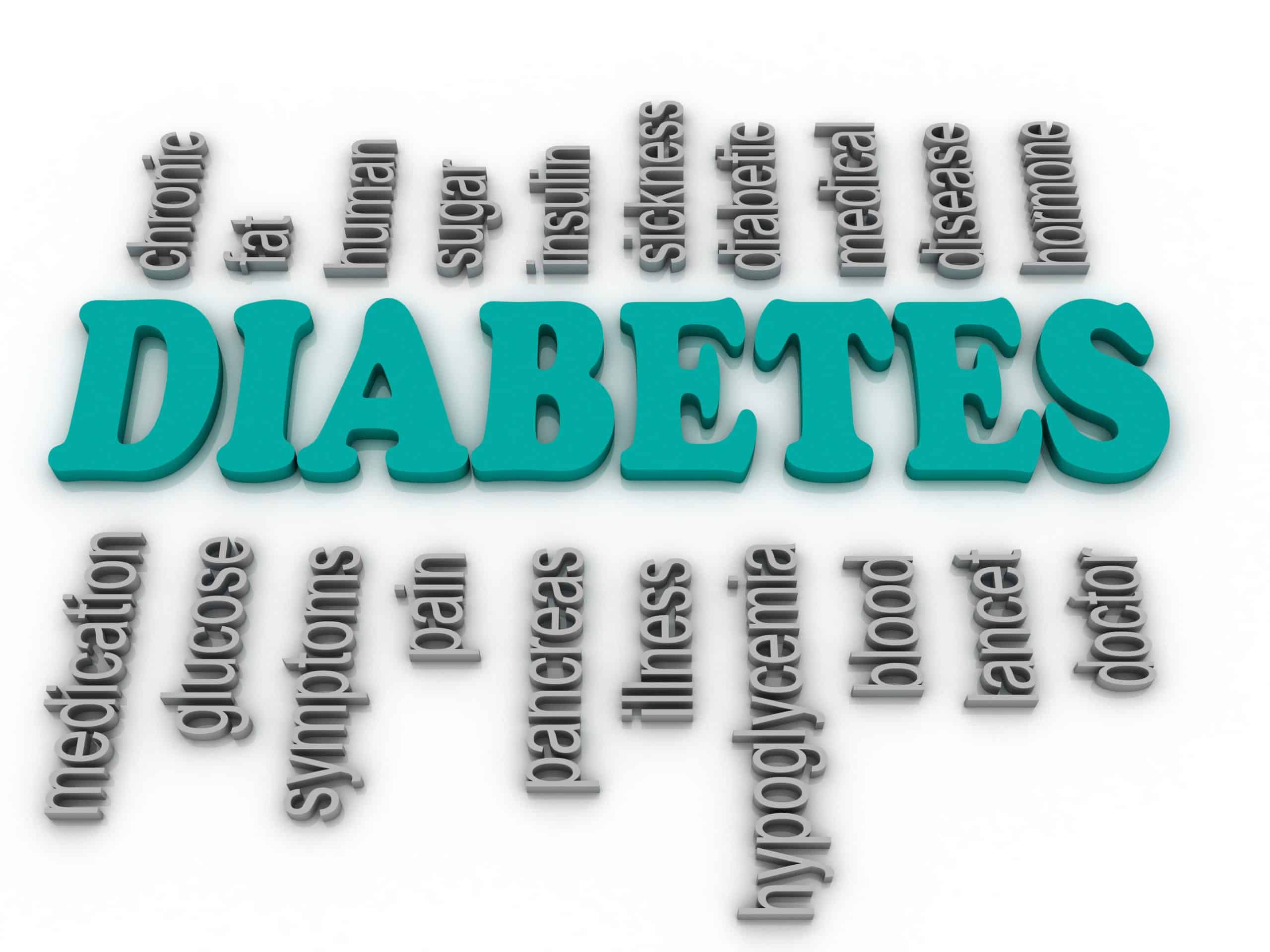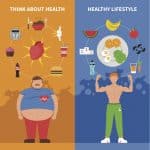
Diabetes Week 11-17 June
This year diabetes week runs from 11-17 June. This highlights the importance of ensuring that we are all aware of the symptoms of diabetes in order to diagnose it as early as possible to regain control. No one is immune from developing diabetes – do you know how to keep your risk to a minimum?
3.5 million of the UK population has been diagnosed with diabetes, in comparison with only 1.4 million in 1996. There is also an estimated 1.1 million further people with the condition but yet to be diagnosed. Someone in the UK is diagnosed with diabetes every two minutes, that’s 700 people each day, and 65 people will die today, due to complications of diabetes.
Worldwide, an estimated 415 million people are living with diabetes, which is approximately 1 in 11. Almost half (46%) of those with diabetes are undiagnosed.
Diabetes is a condition that causes the person’s blood sugar level to become too high, due to a lack of insulin resistance. When blood sugar becomes too high, glucose will spill out into the urine rather than being used as energy. As a consequence symptoms such as feeling thirsty, excess urination, a feeling of chronic tiredness, blurred vision, and slower healing of wounds may occur.
Type 1 diabetes accounts for only approximately 10% of those with diabetes, and treated with daily insulin doses, and a healthy diet and regular exercise is recommended to all those affected.
90% of people with diabetes are type 2, which can be treated with a healthy diet and regular exercise. One of the main risk factors for type 2 diabetes is being overweight or obese. It is therefore important to maintain a healthy weight and lifestyle to help reduce the risk of developing type 2 diabetes.
Healthy eating for people with both type 1 and type 2 diabetes is the same as for people who do not have the condition.
In the UK, the Eatwell Guide is a pictorial guide to illustrate the main food groups. The key benefits of each food groups are discussed in more detail below.

Fruit & Vegetables
- A rich source of vitamins, minerals, antioxidants and fibre. Fibre helps to control blood sugar levels
- Vegetables should be the largest part of your diet
- Include at least 5 portions of fruit and vegetables each day, in a variety of types and colours in order to consume a diverse range of nutrients
- One portion is approximately 80g which is the equivalent of a mediumsized piece of fruit, a cereal bowl of salad or 3 tablespoons of vegetables
Starchy Foods
- A rich source of carbohydrate needed for energy, but too many refined starchy foods can increase blood sugar levels so instead choose slow release whole grain varieties that are richer in fibre, minerals and vitamins
- Whole grain varieties include quinoa, rye, brown rice, oats, buckwheat, corn and spelt
Meat, Fish, Eggs, Nuts, Seeds and Pulses (beans, chickpeas and lentils)
- Rich in protein and essential for growth and repair
- Contain high levels of vitamins and minerals including zinc, iron and B vitamins
- Choose lean cuts without visible fat
- Meat should be the smallest portion of your meal, with vegetables being the largest
- Aim for two portions of fish weekly, with at least one portion being oily such as mackerel, fresh salmon, fresh tuna or sardines
- Aim for one vegetarian day per week and include pulses instead as they are high in fibre – these also count towards your 5-A-Day
- Nuts and seeds are high in energy so should be limited if you are trying to lose weight, but are high in fibre, minerals and nutrients
Milk and Dairy Foods (yoghurt, cheese and dairy alternatives)
- Rich in protein and calcium, playing an important role in bone health
- Choose low-fat, low-sugar options
- Fish, pulses, seeds and green leafy vegetables are also rich in calcium and fibre
Oils and Spreads
- Choose unsaturated fats and have in small amounts
- Choose fats rich in monounsaturated fats such as olive oil and some polyunsaturated fats such as walnut oil
- If you are aiming to lose weight, limit these to a minimum
Processed Foods and Drinks
- Limit or avoid these
- Processed foods and drinks contain empty calories with little nutritional value and will also raise your blood sugar level
Fluid
- Staying hydrated is essential – aim for 1.5-2 litres of water each day
- Water is the best choice
- Avoid soft and fizzy drinks as they are high in sugar and calories
- Alcohol should be limited to 14 units per week for both men and women with at least two consecutive alcohol free days
Exercise
- Regular exercise will help to maintain a healthy body weight and reduced the risk of developing type 2 diabetes
- The recommended minimum levels are 2 ½ hours of moderate intensity exercise (e.g. walking, cycling), or 1 ¼ hours vigorous intensity exercise (e.g. running, circuit training) every week, alongside weight-bearing exercise twice a week


